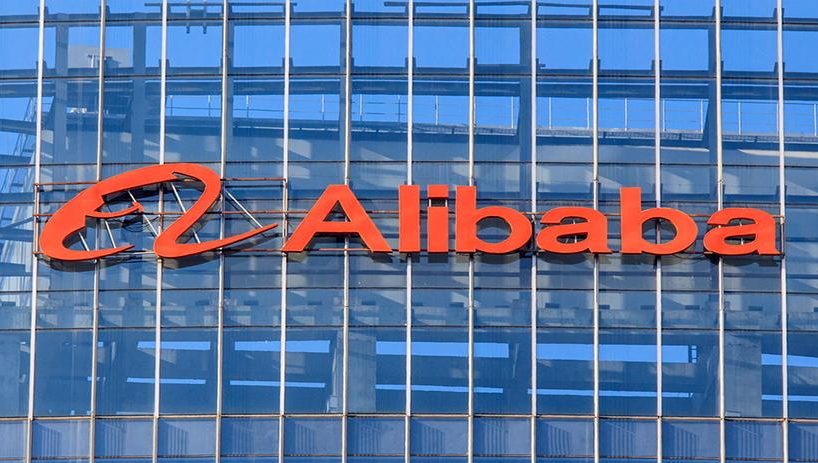
Tuesday was a bad news, good news kind of a day for investors in Chinese large-cap tech titan Alibaba Group (BABA).
Bad news first: JPMorgan analyst Alex Yao reduced his bank’s forecast for Alibaba’s revenue in calendar years 2022 and 2023, shaving off 2% this year, and 5% next. Yao also cut his “non-GAAP EPS estimates” for Alibaba by 9% in 2022, and by a whopping 22% in 2023, reflecting “more cautious assumptions of cost optimization efforts and the de-leveraging of business scale.” GAAP earnings got revised lower by an even harsher 15% (in 2022) and 31% (in 2023).
As the analyst explained, Alibaba’s near-term results face “downside risks to… consensus expectation for March quarter and June quarter results” in 2022, as “the impact from the COVID-19 resurgence negatively affects the domestic ecommerce operation. The resurgence of COVID-19 cases forced Shanghai to go into a full lockdown on 1 April,” and Shanghai alone accounts for about 4% of Alibaba’s retail sales in China. Shenzhen was also locked down for “a couple of weeks in March,” as were “several other provinces/cities.”
Combined, Yao expects these lockdowns will subtract several percentage points of sales growth from Alibaba’s March and April results. As a result, JPMorgan is now expecting that sales will not grow, but rather shrink year over year in the first half of calendar year 2022, falling 4% in the March quarter and 2% in the June quarter. And looking out a bit further, the analyst forecasts no more than 1% and 4% sales growth in the September and December quarters, respectively.
Nor will Alibaba’s other, non-e-commerce business lines fare any better. To the contrary, Yao sees “downside risks for most of Alibaba’s business segments’ growth outlook in the coming two quarters,” with lockdowns disrupting “local consumer services,” the Russia-Ukraine war messing up logistics and depressing international business, and finally cloud computing growth suffering from weak demand in the year’s first half. Growth will be good enough to keep revenues still rising — 18% company-wide in 2022, and 11% in 2023…
..






